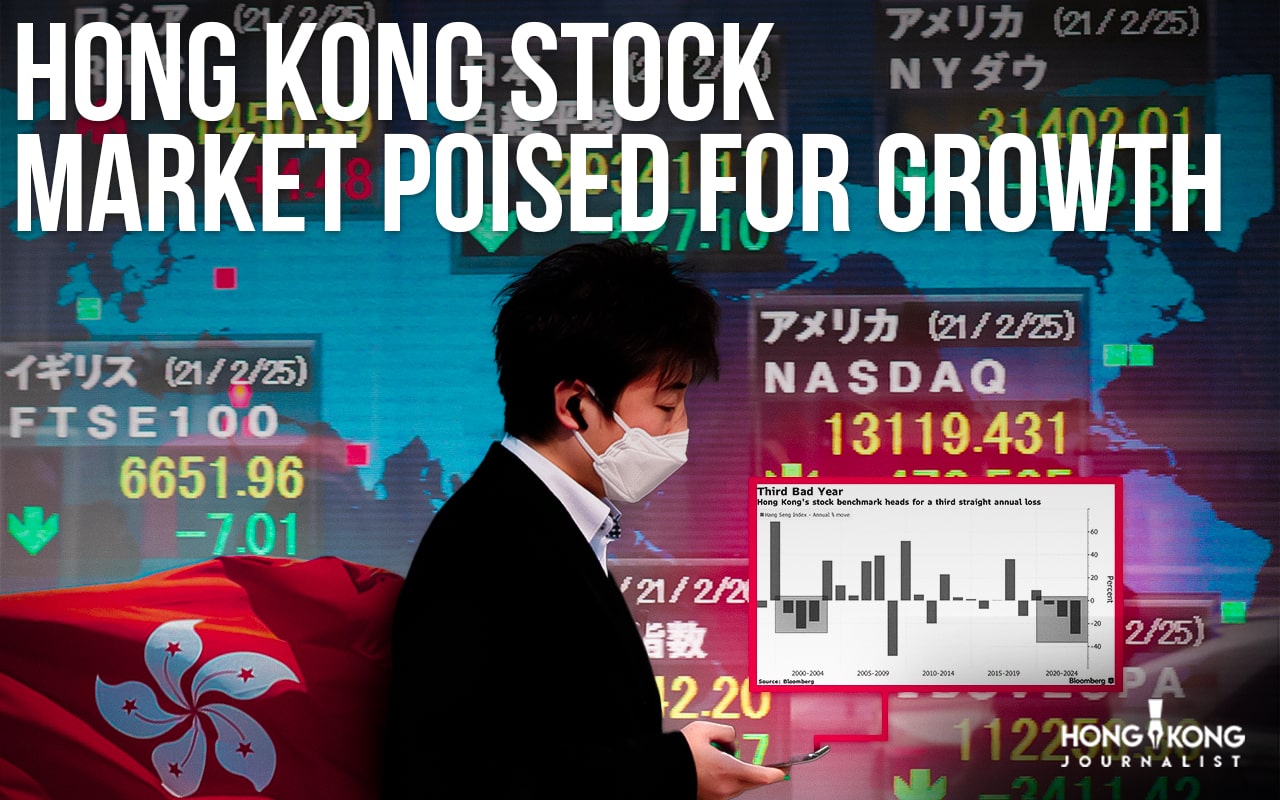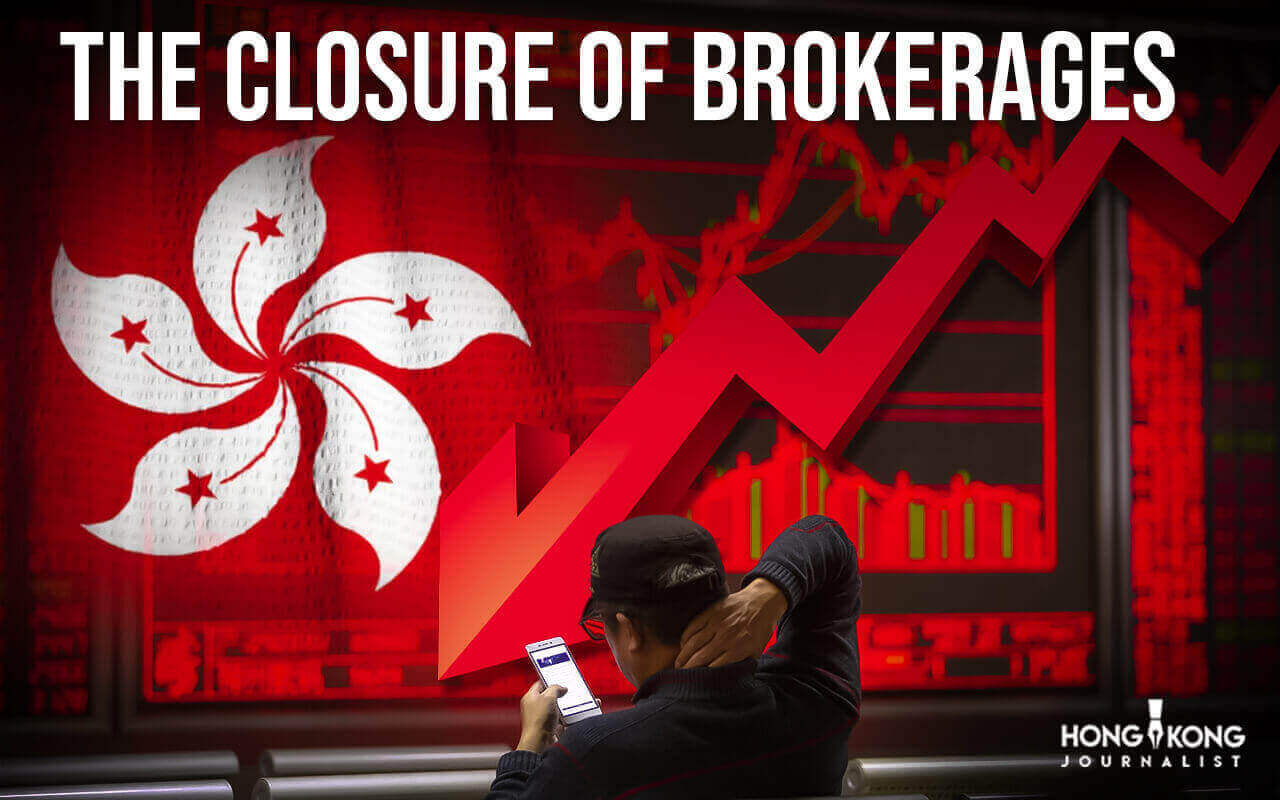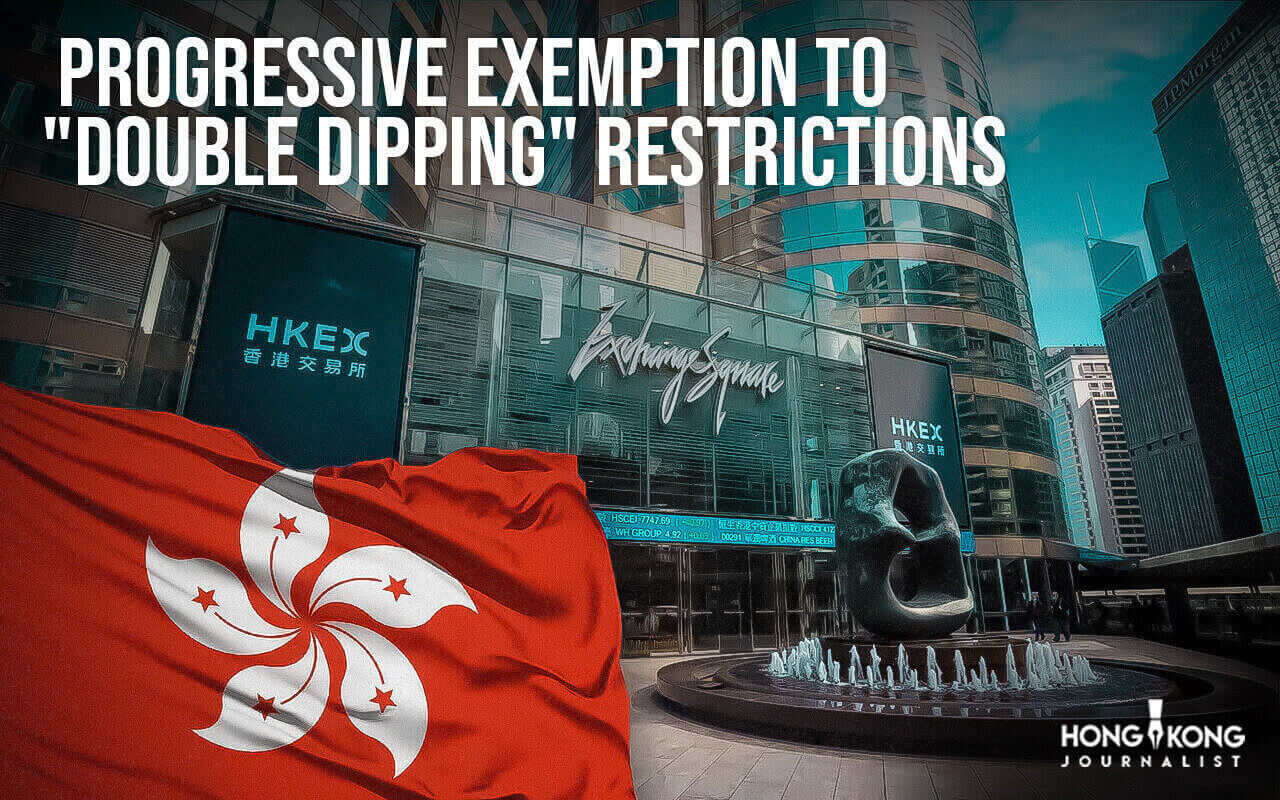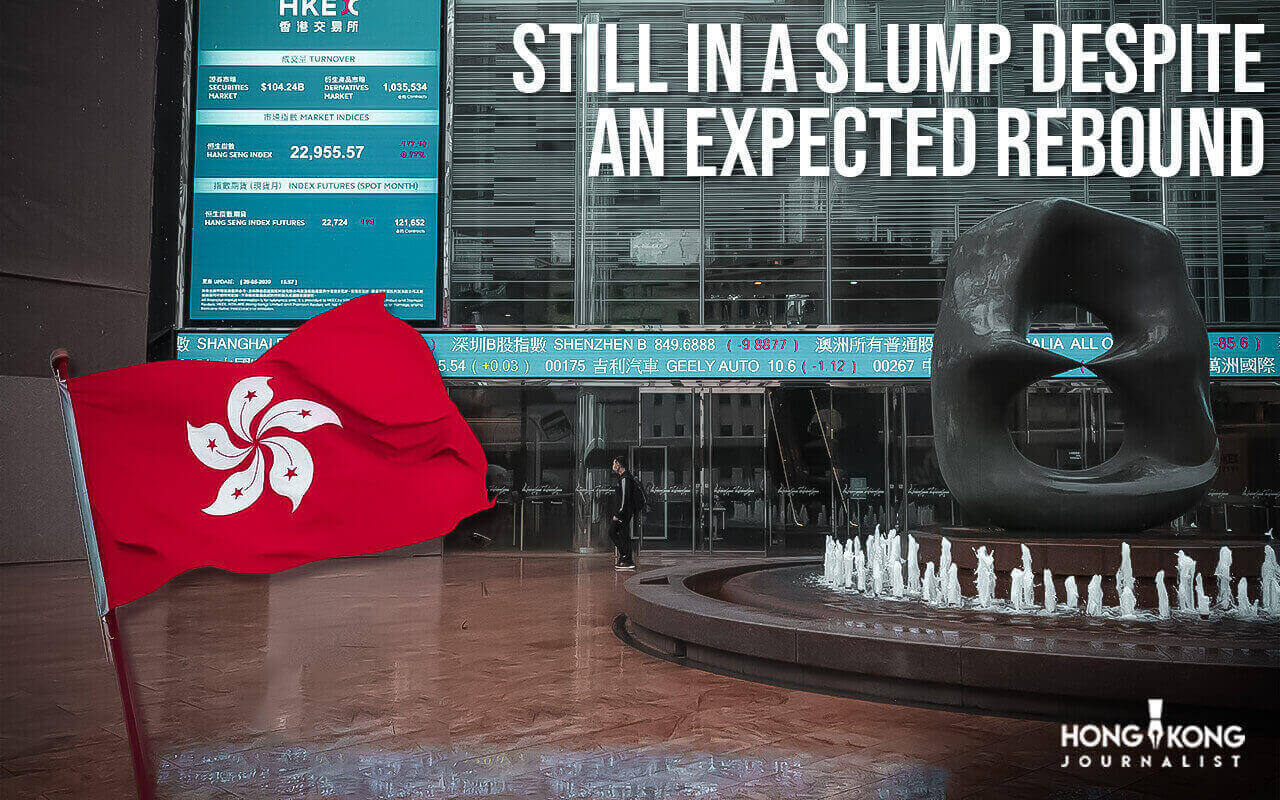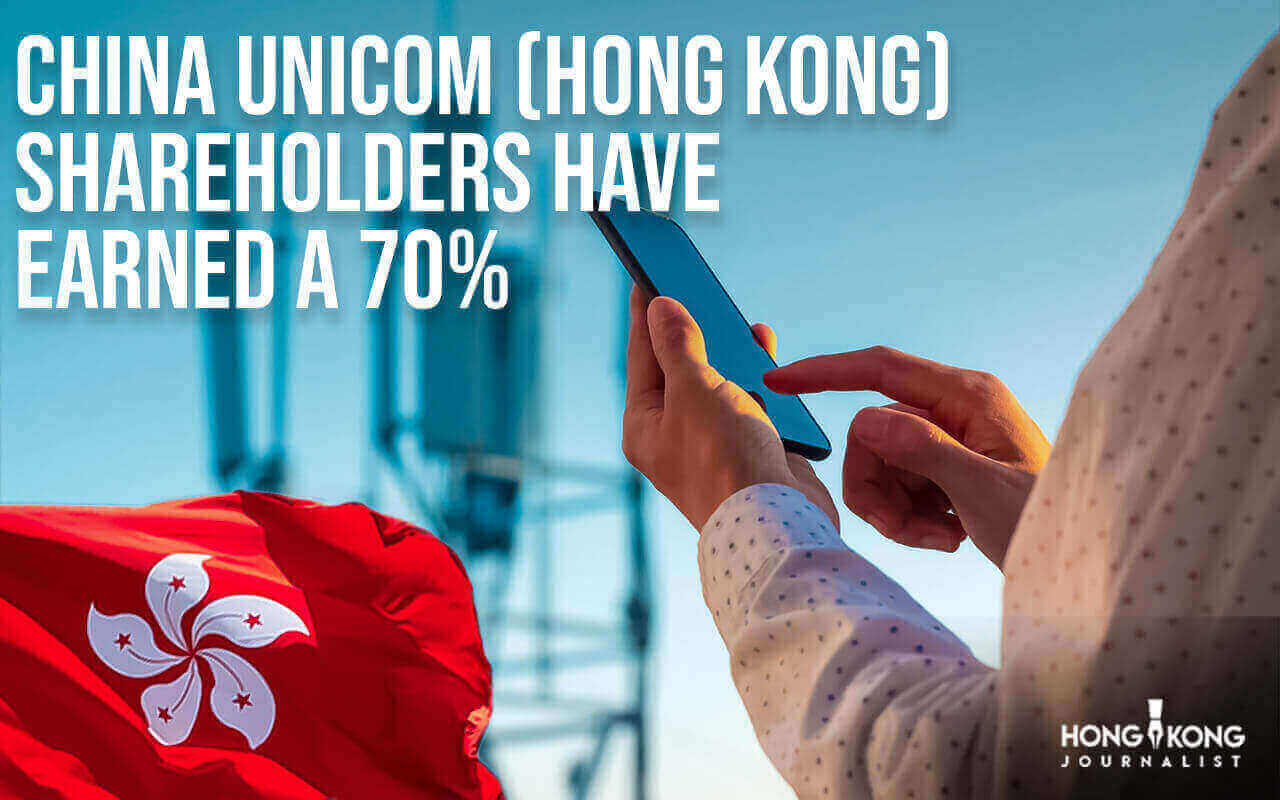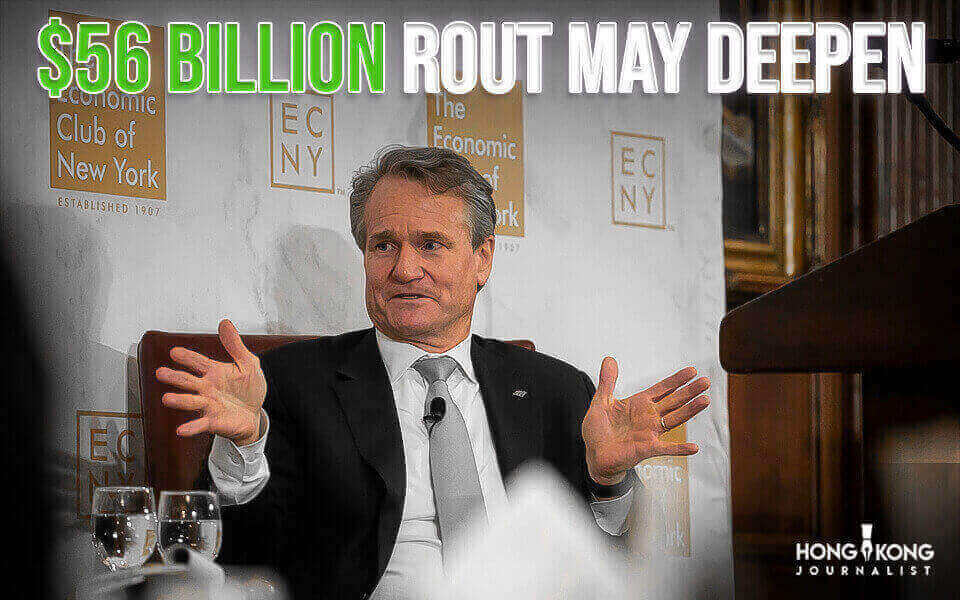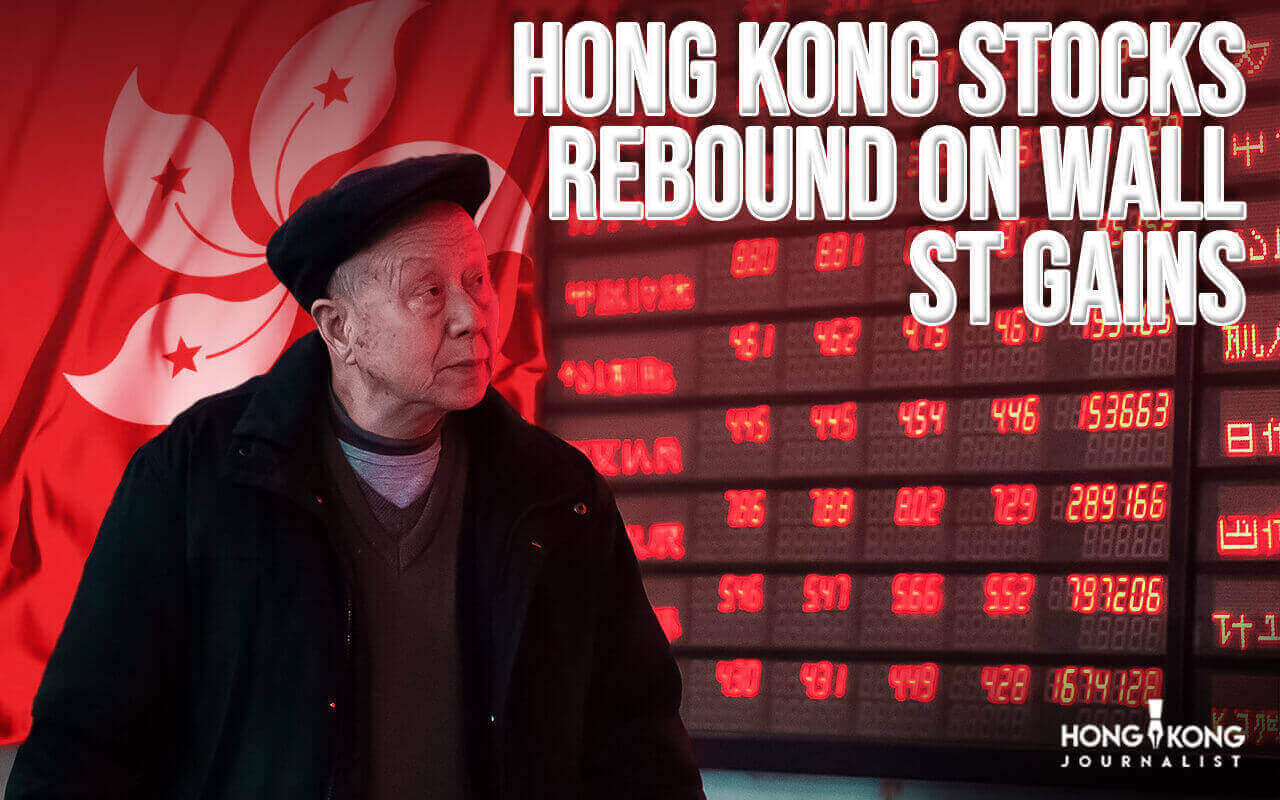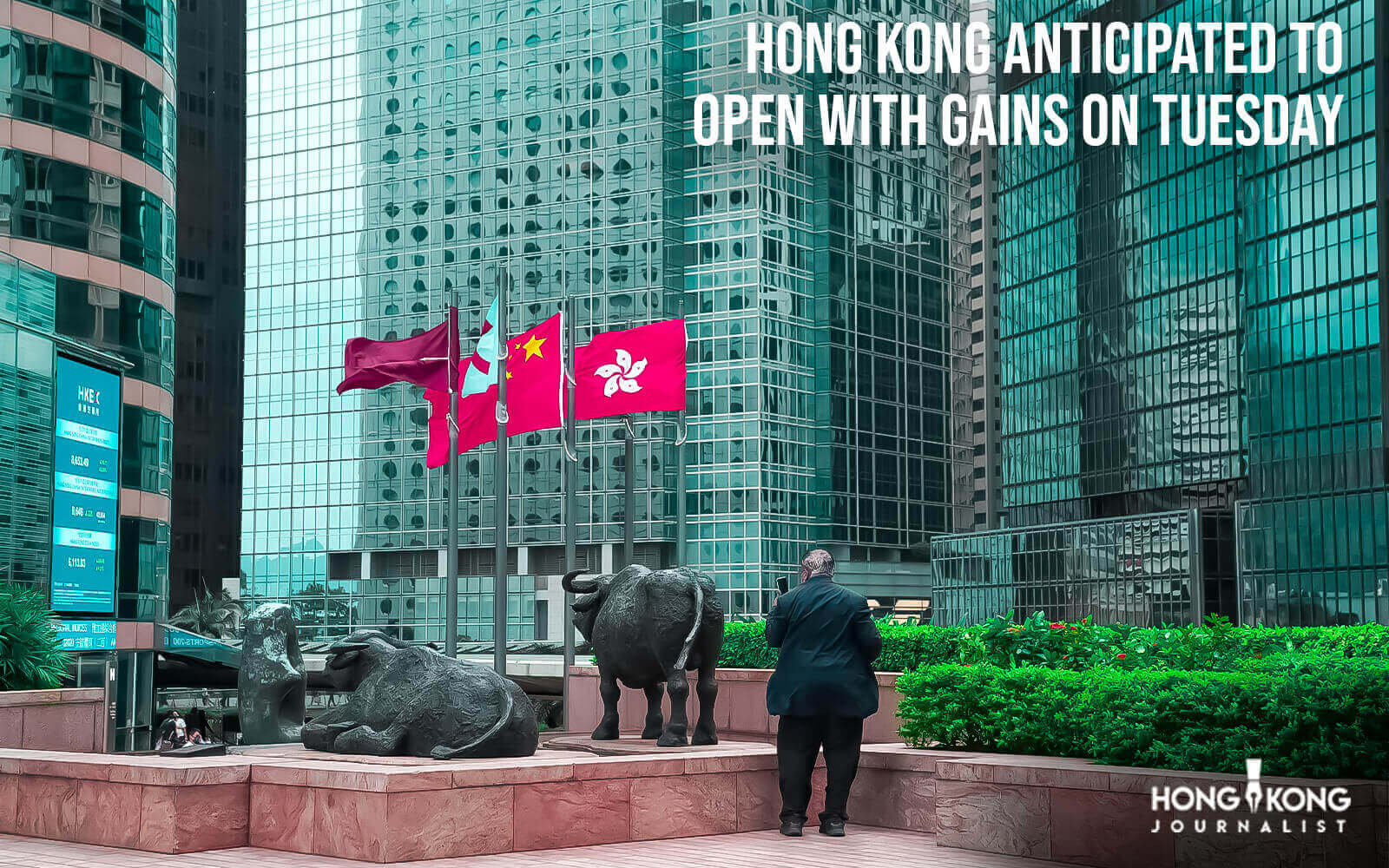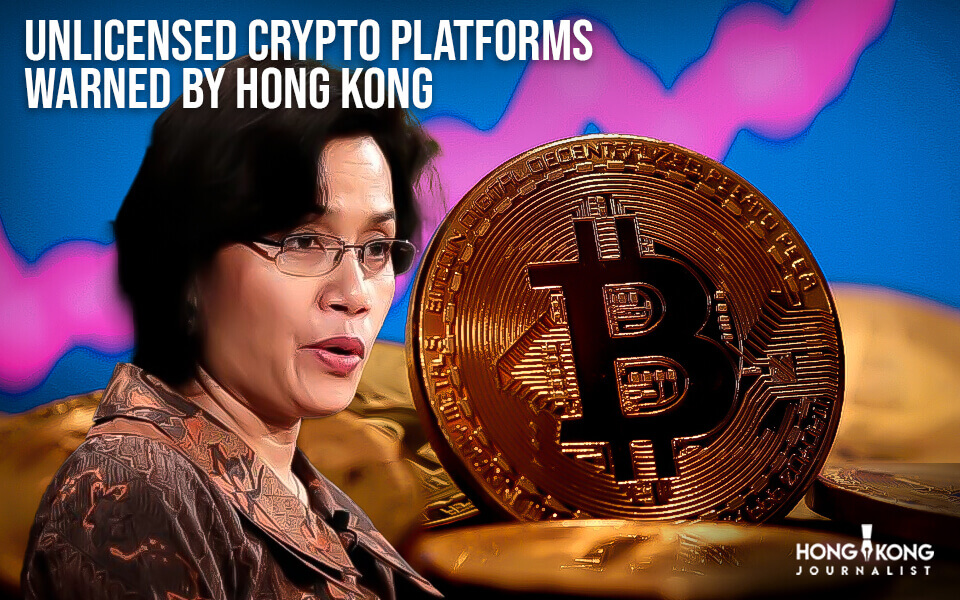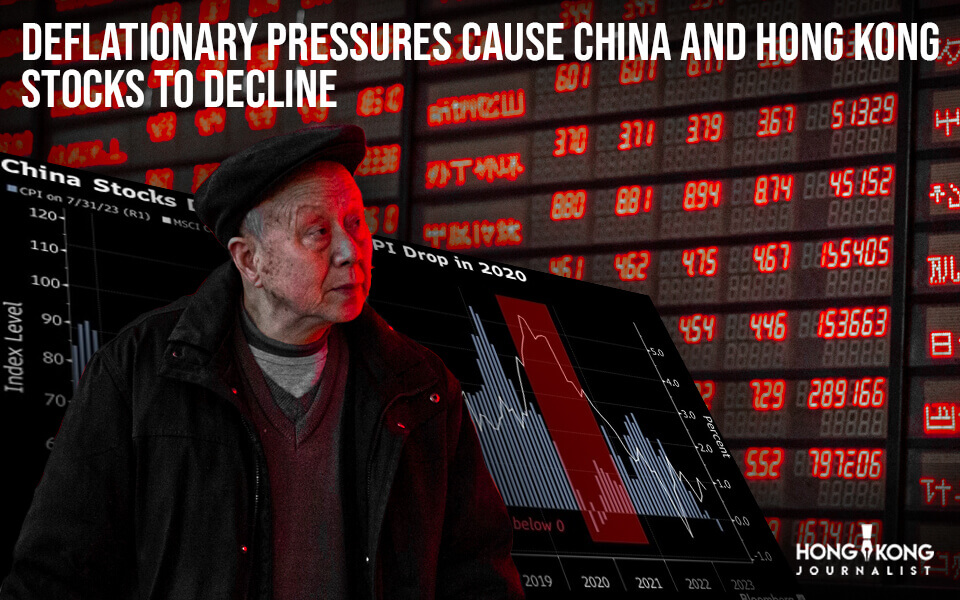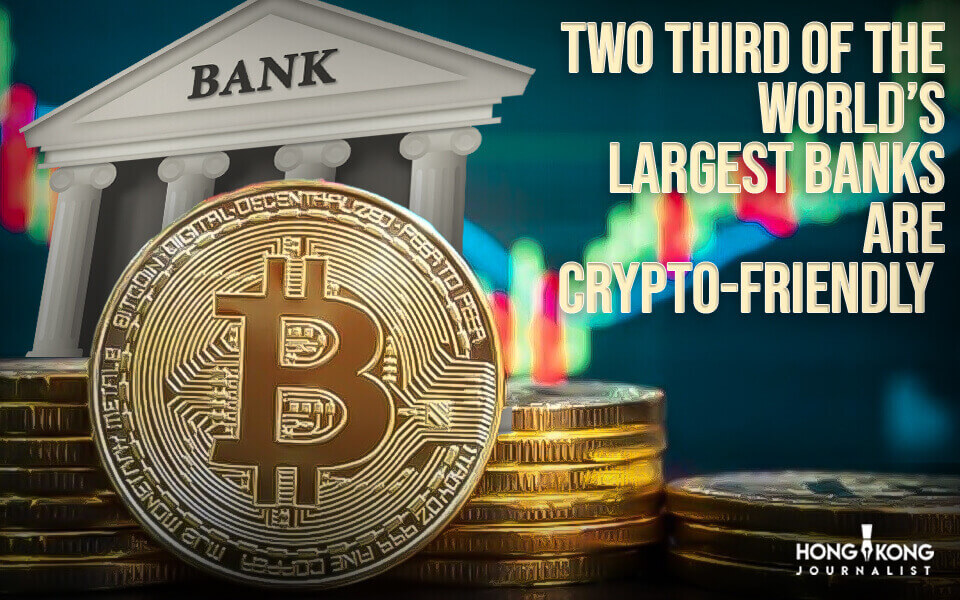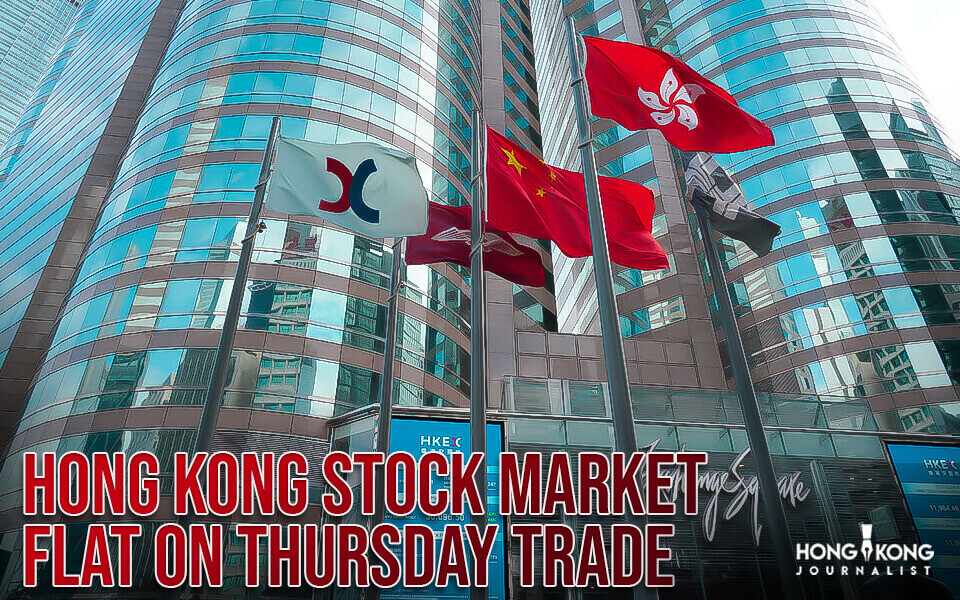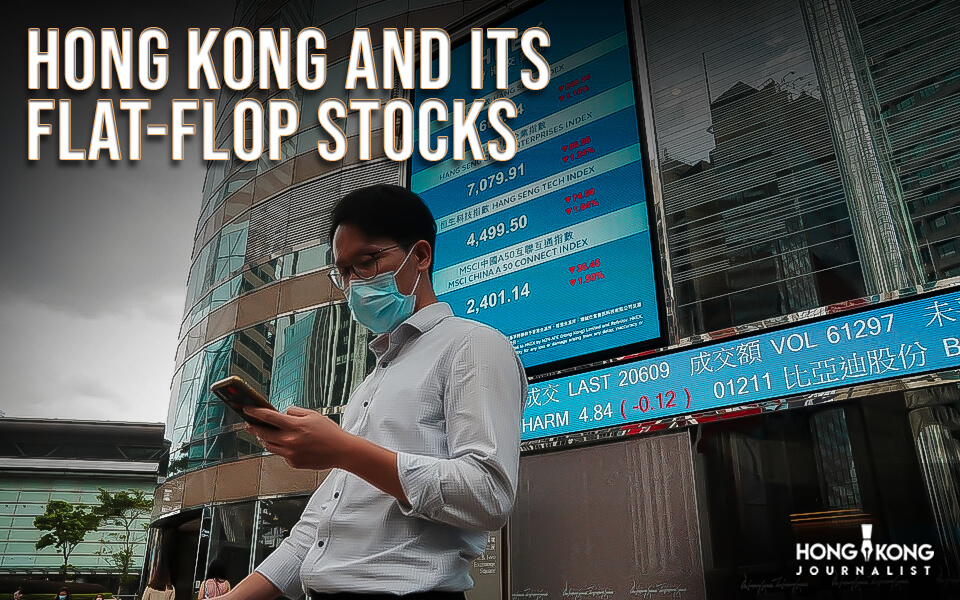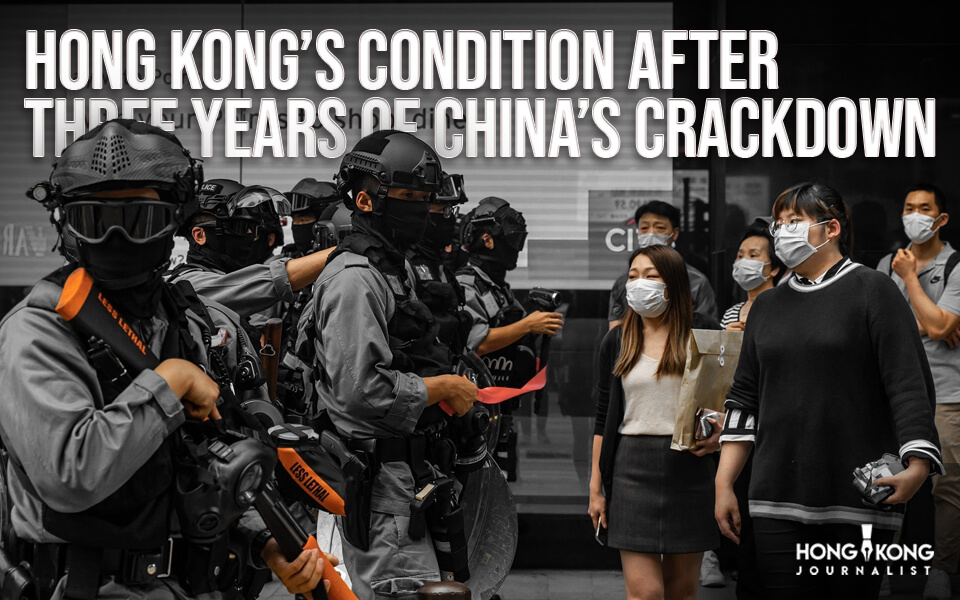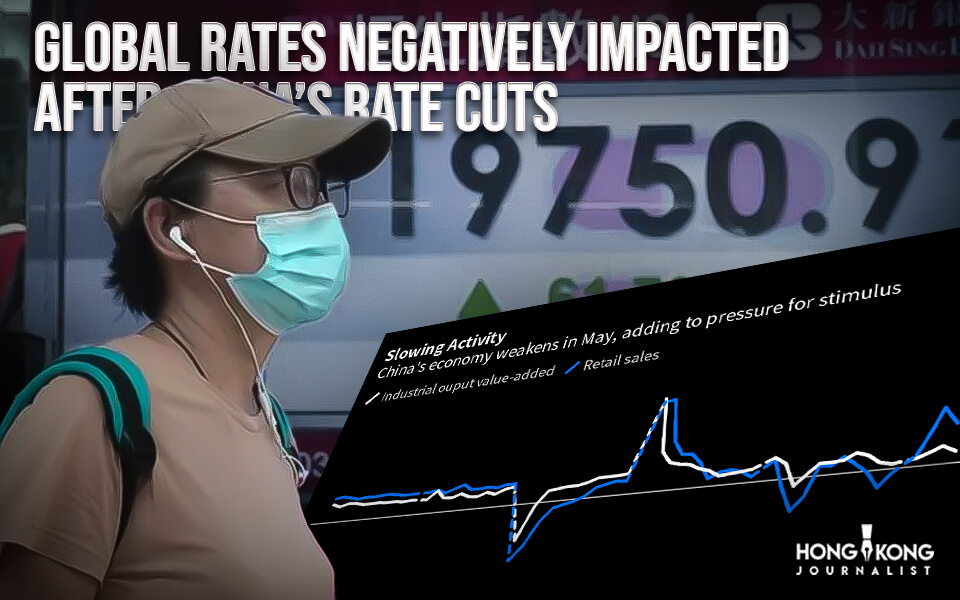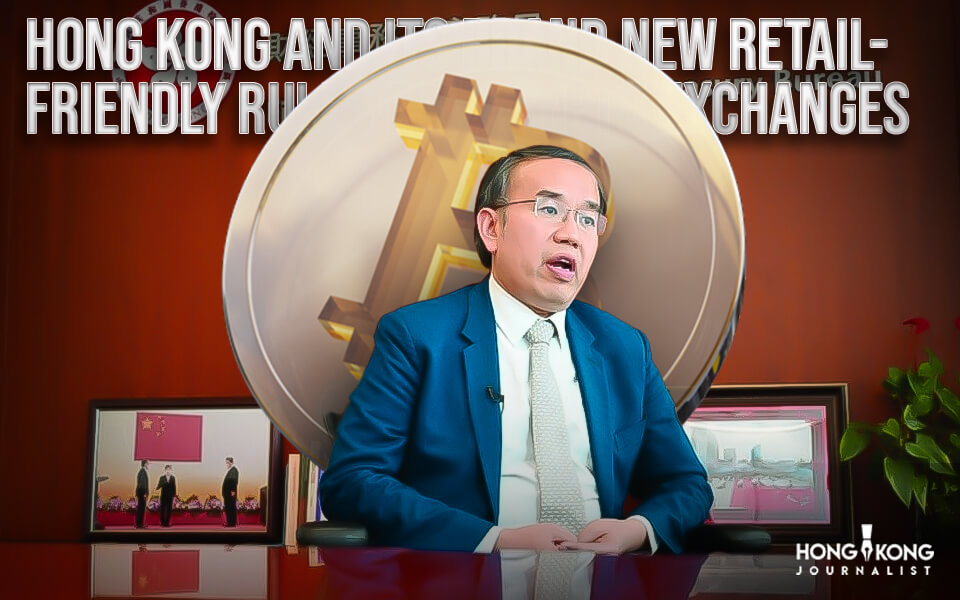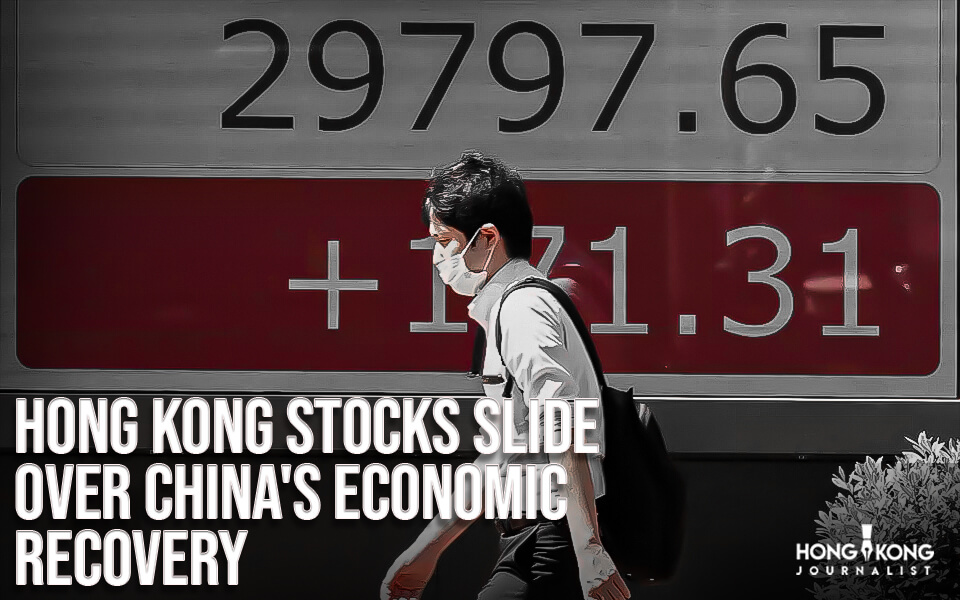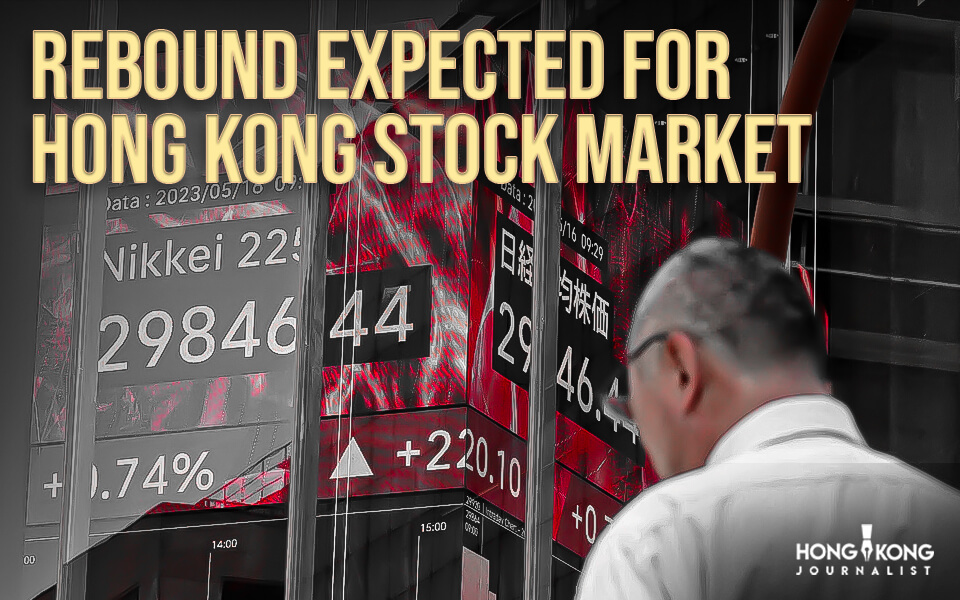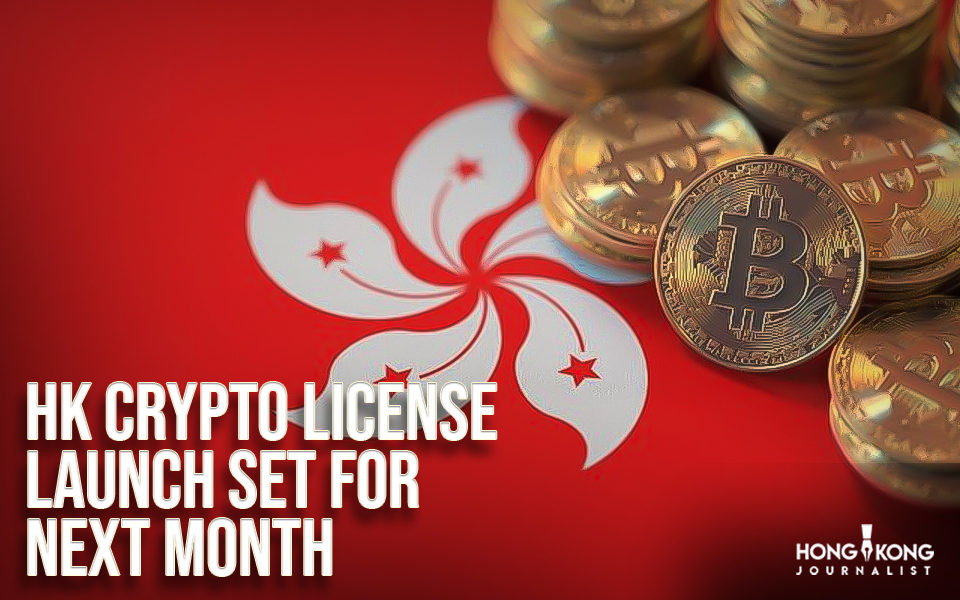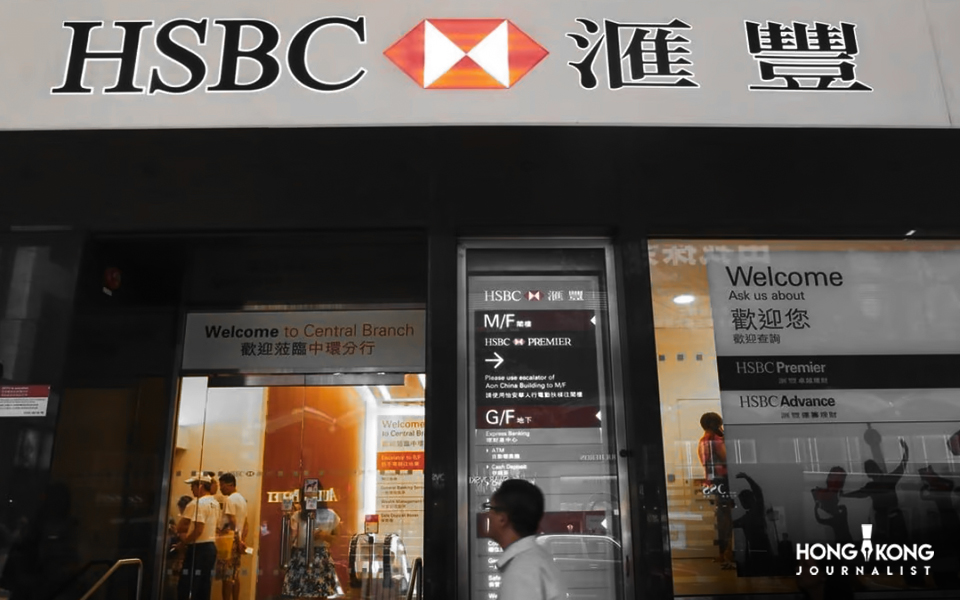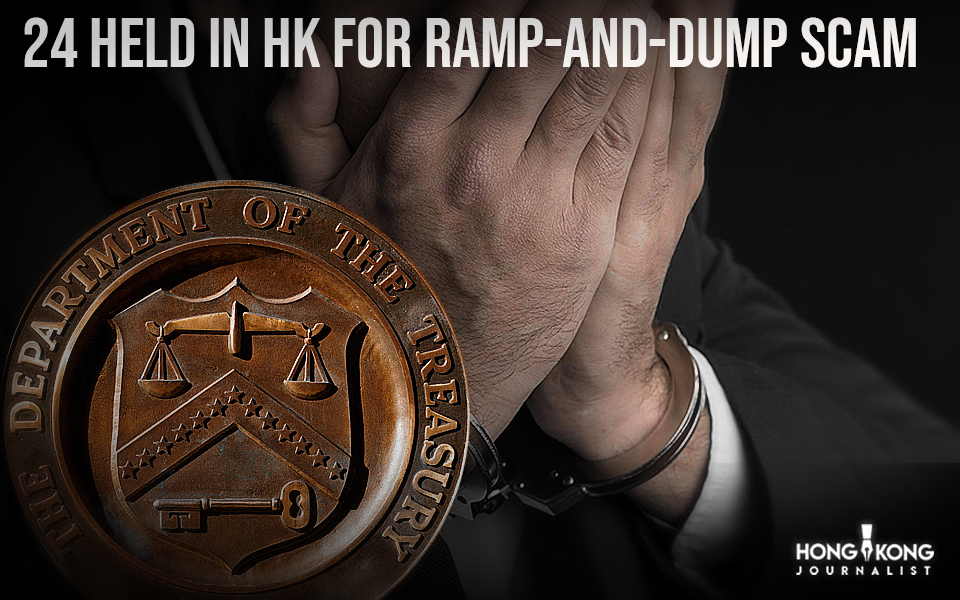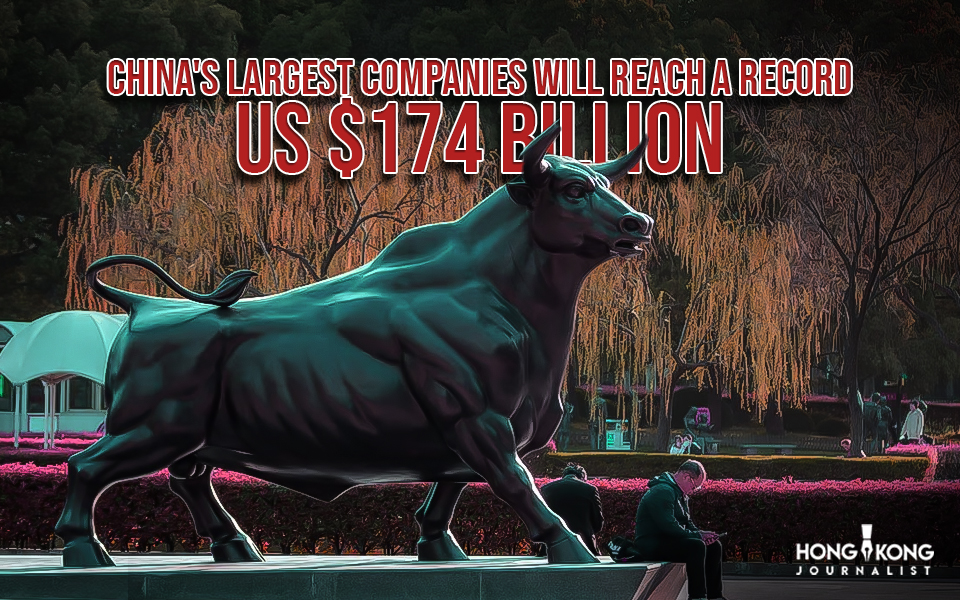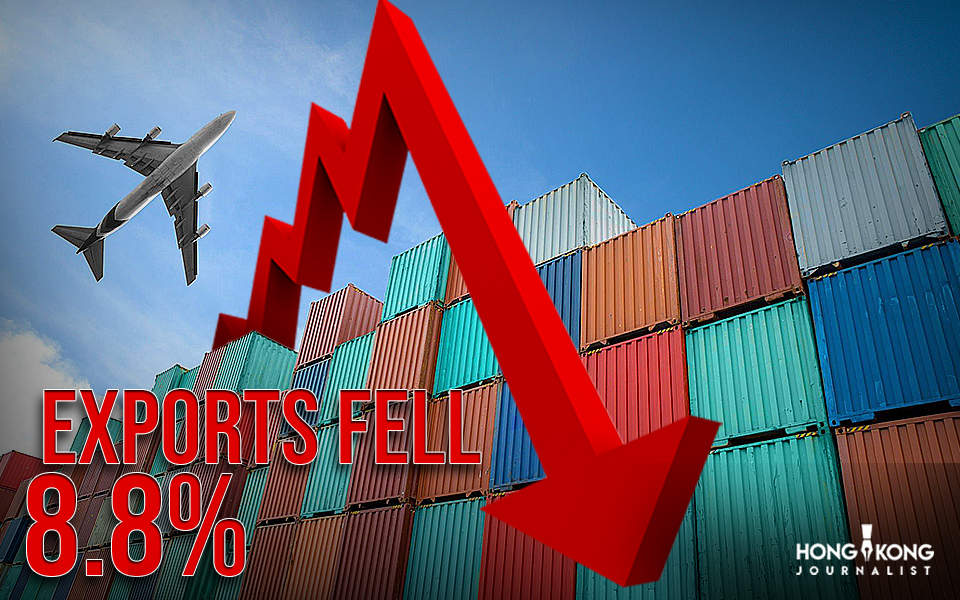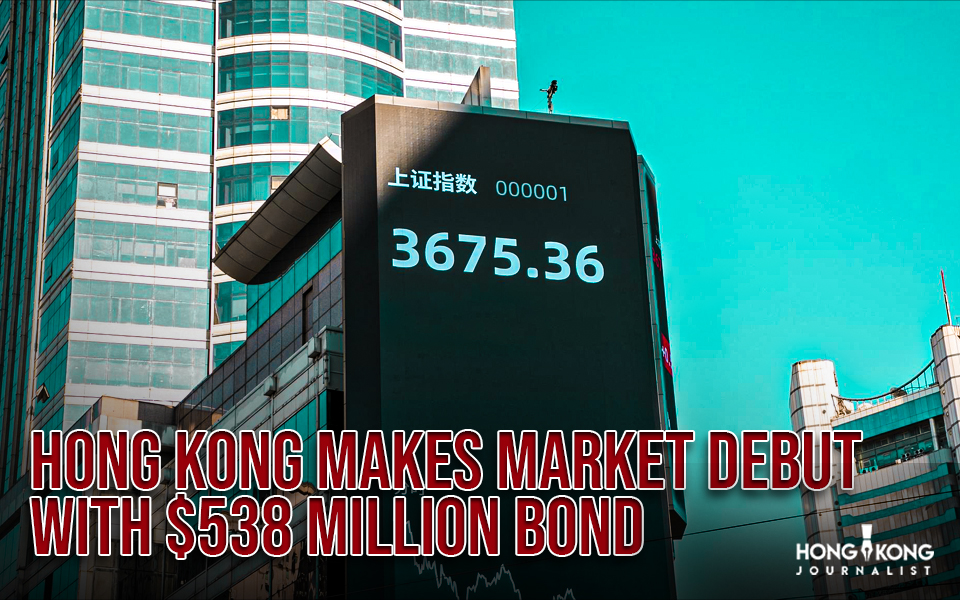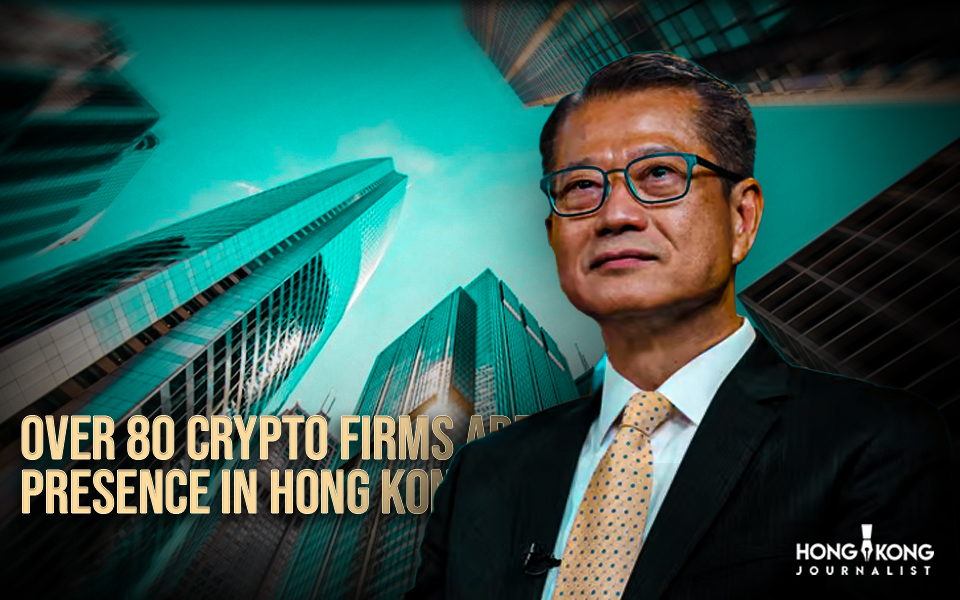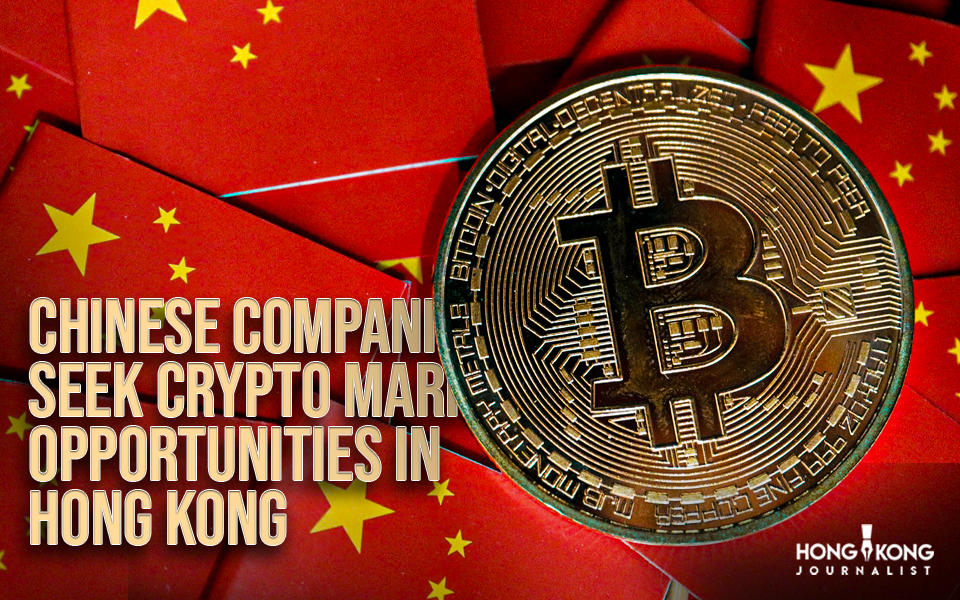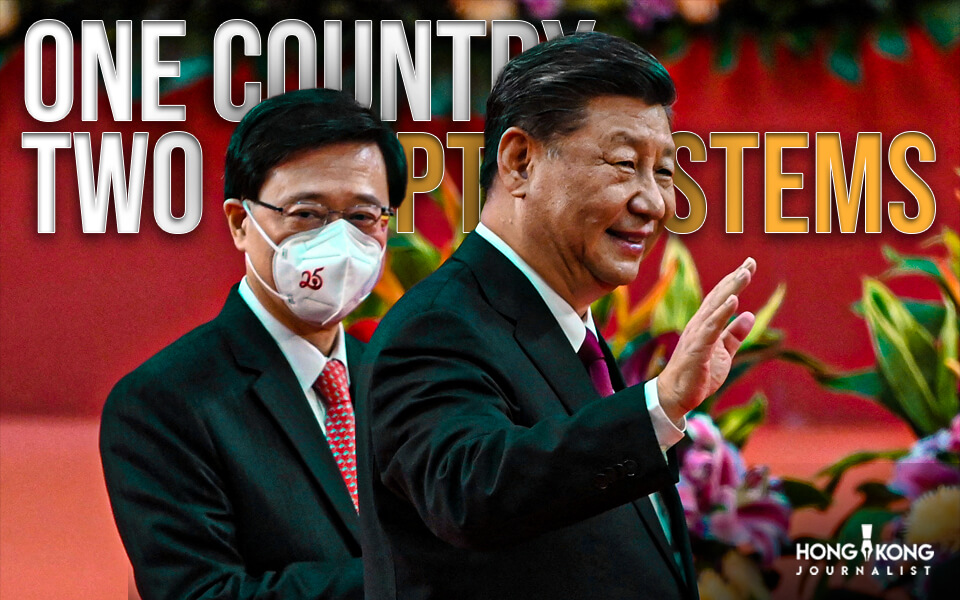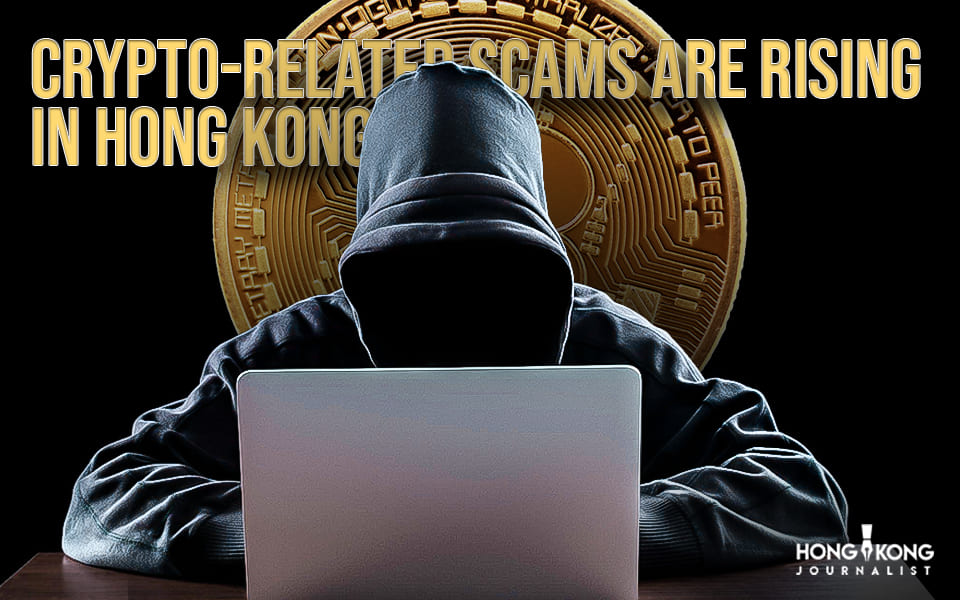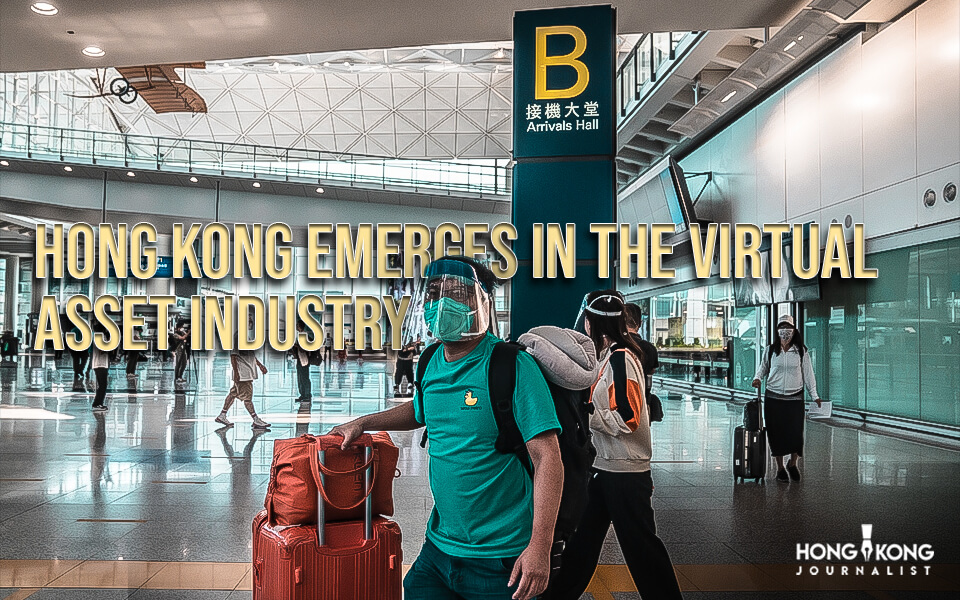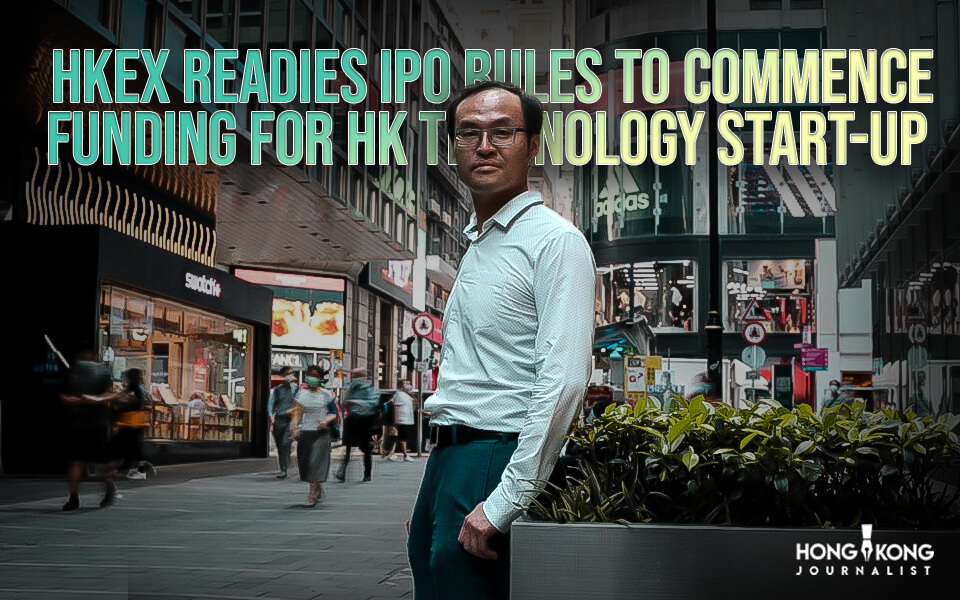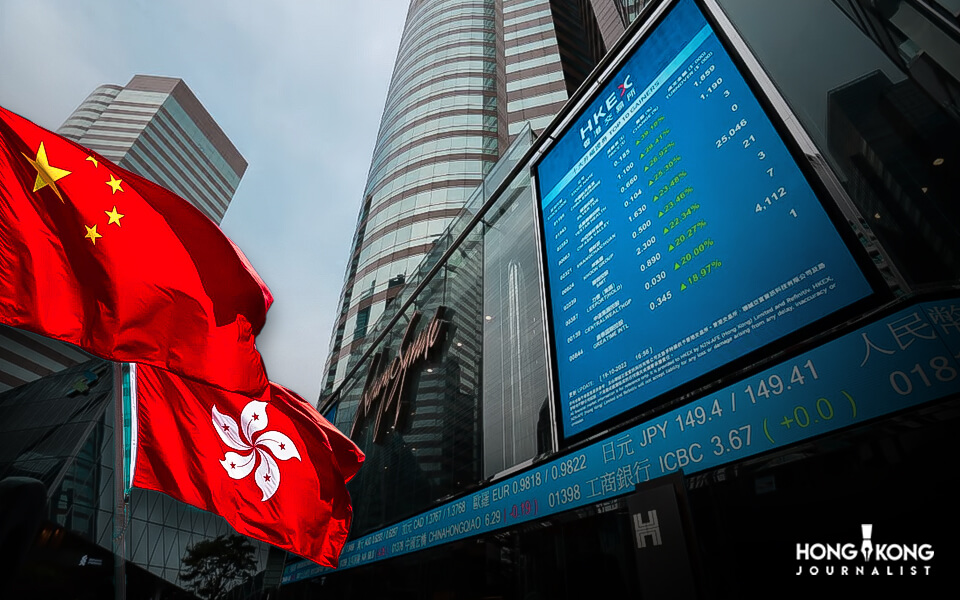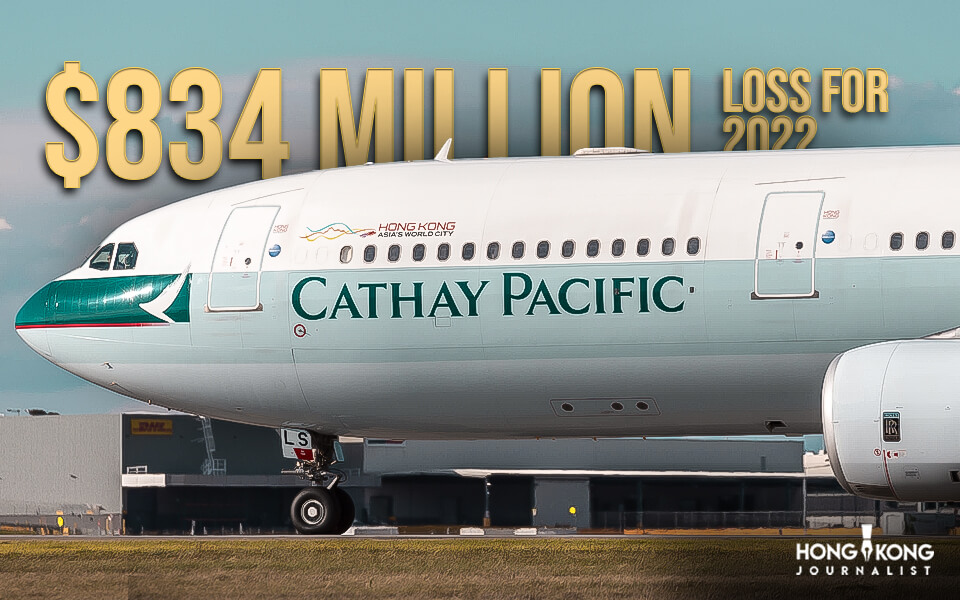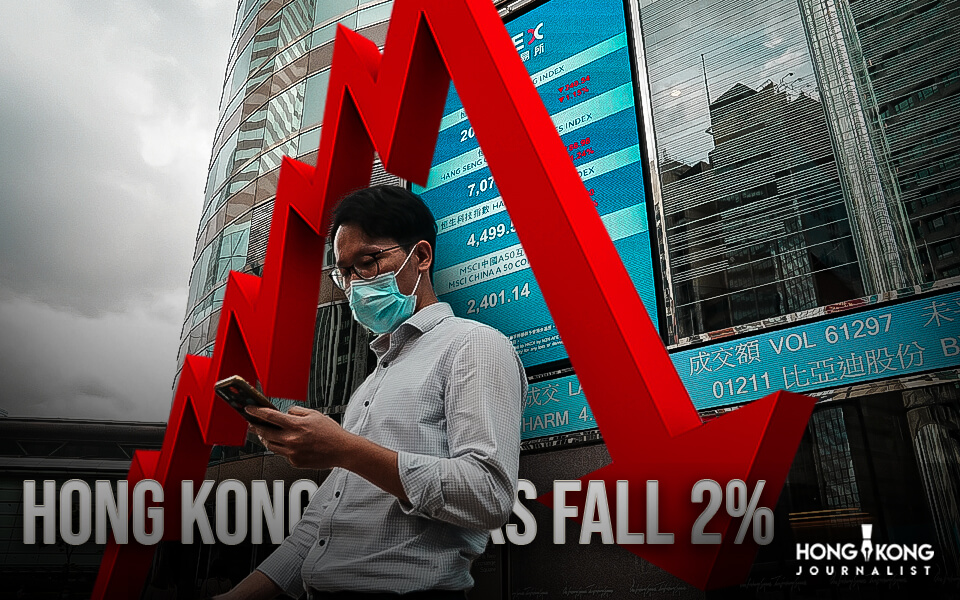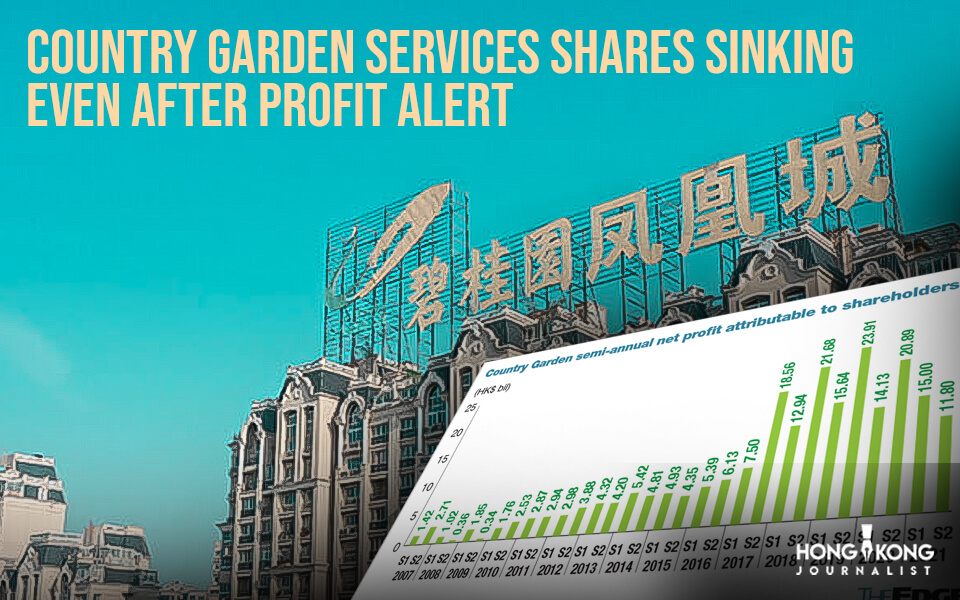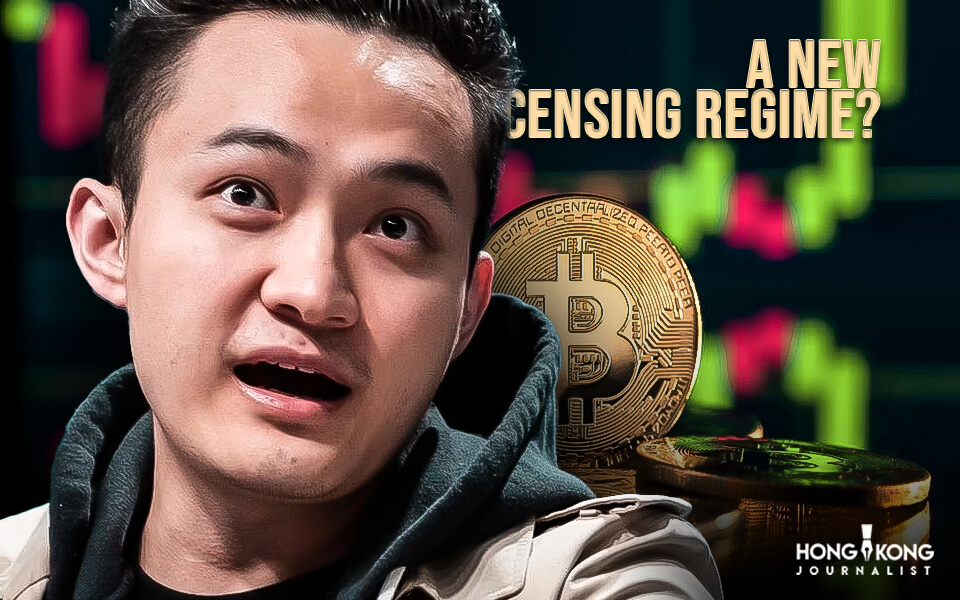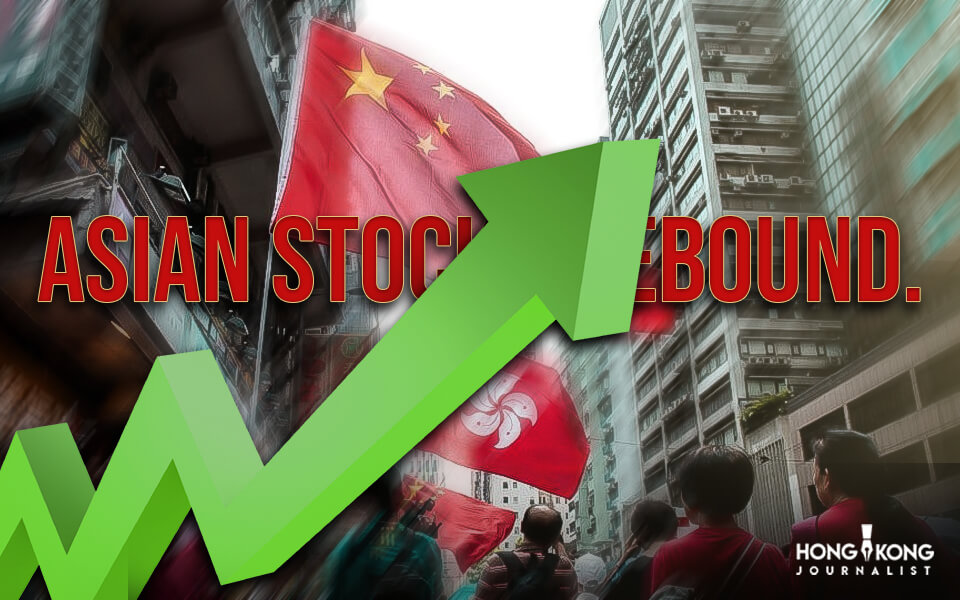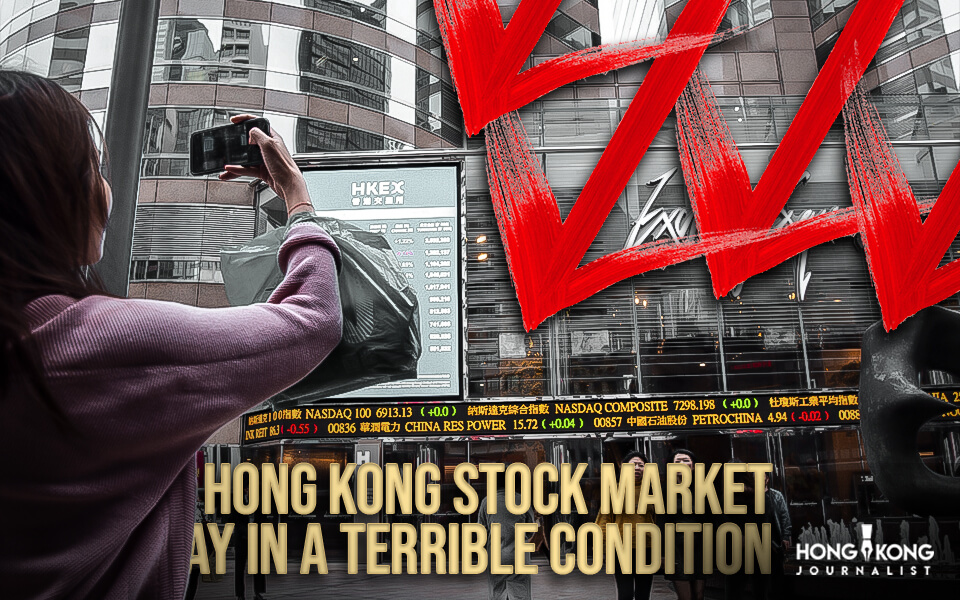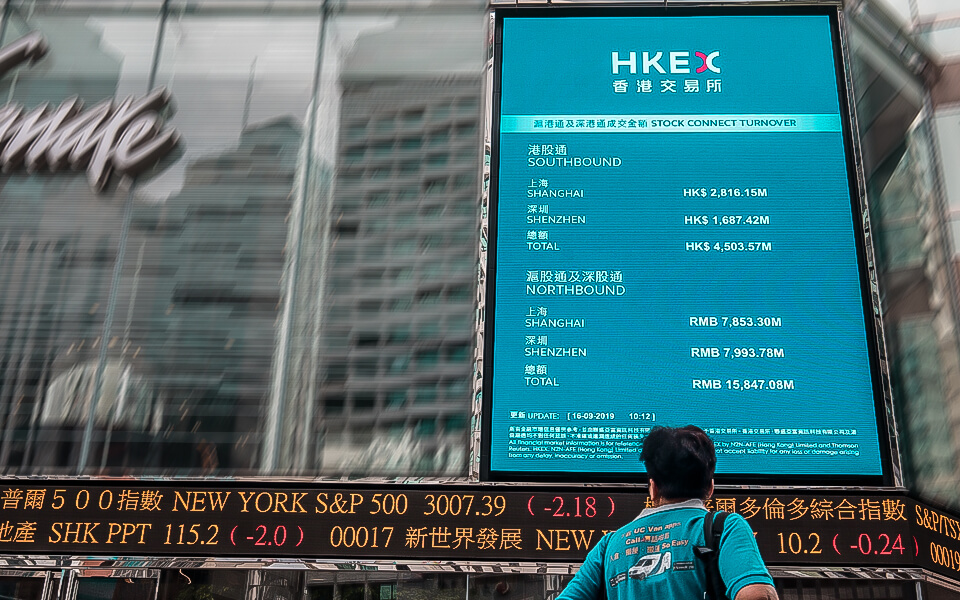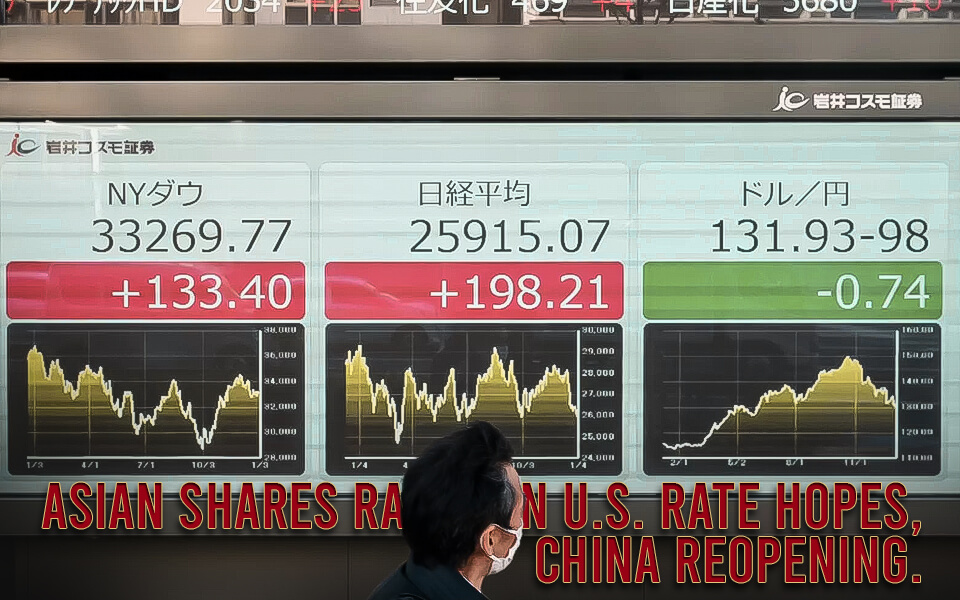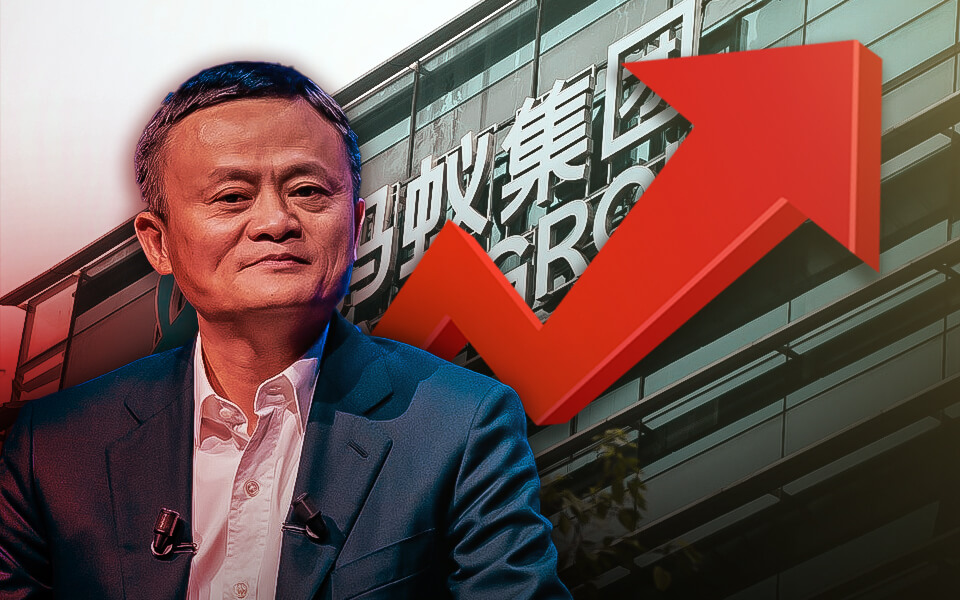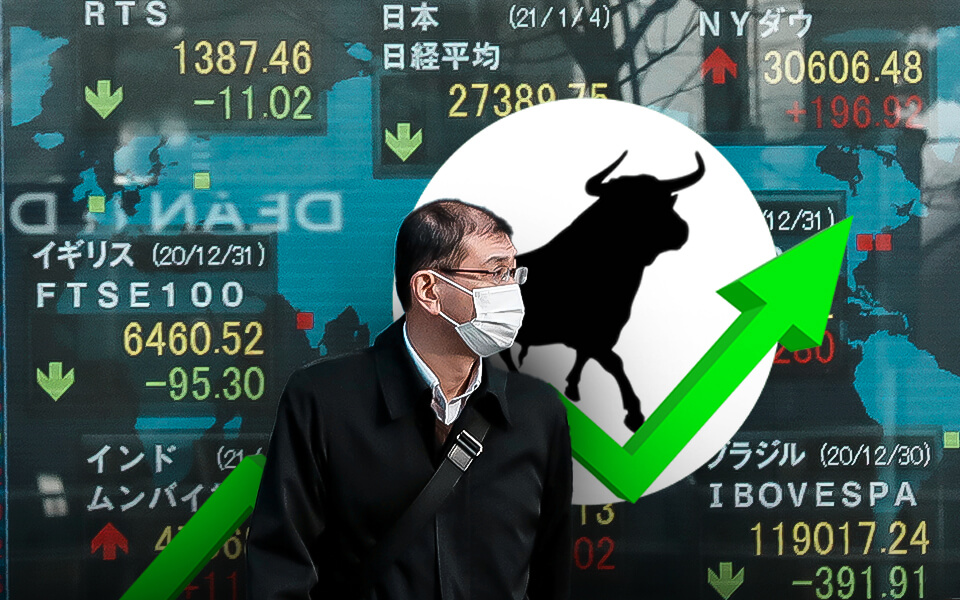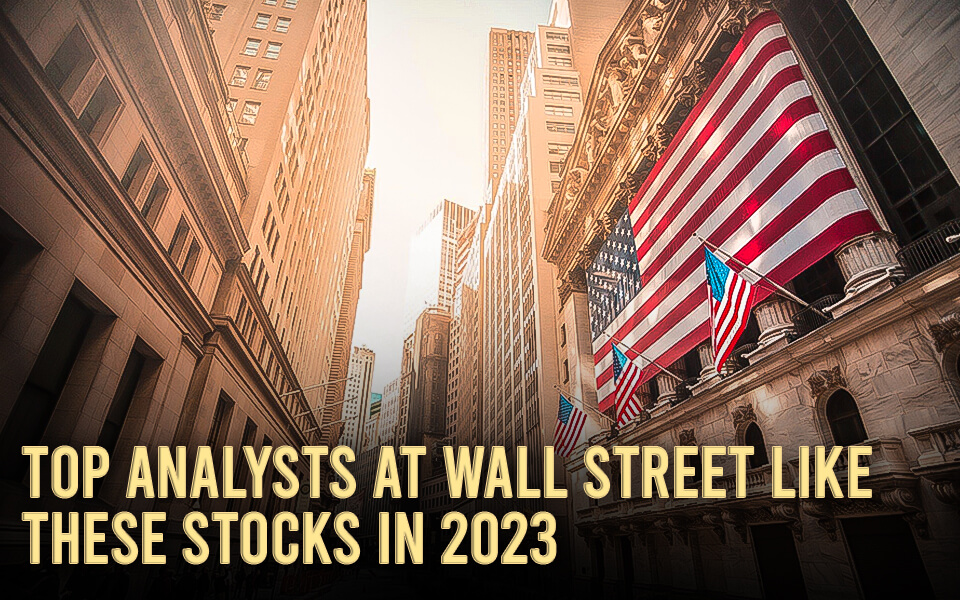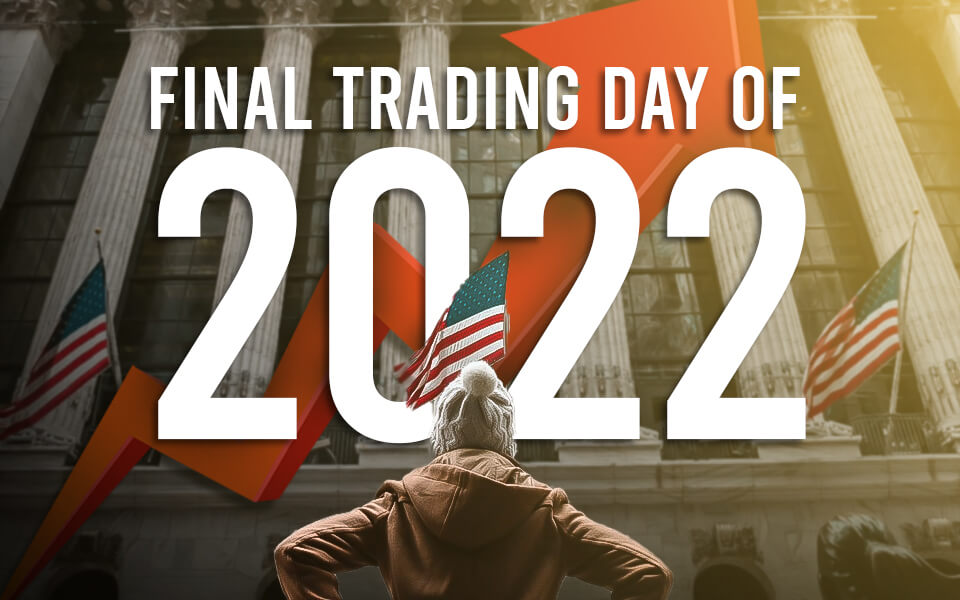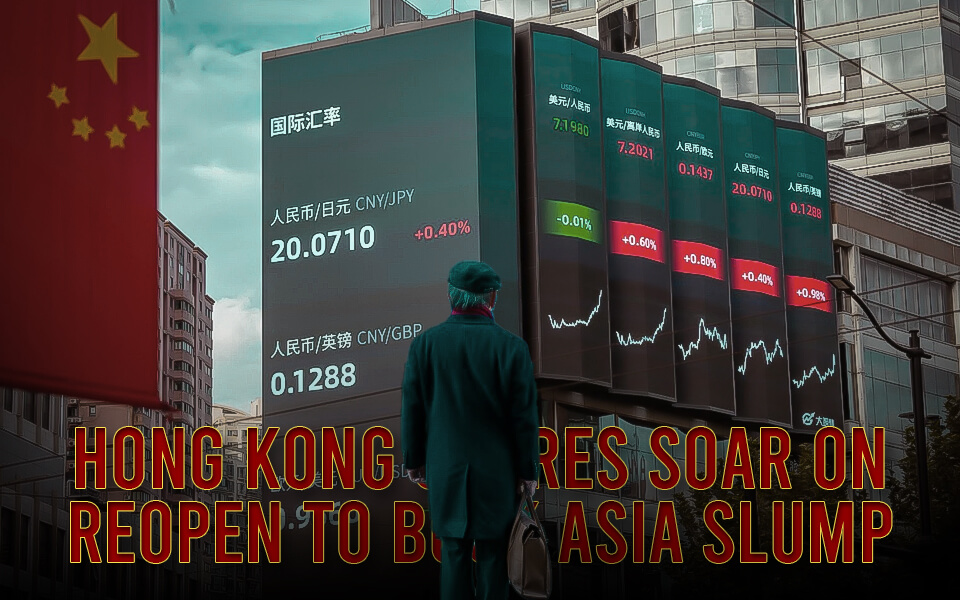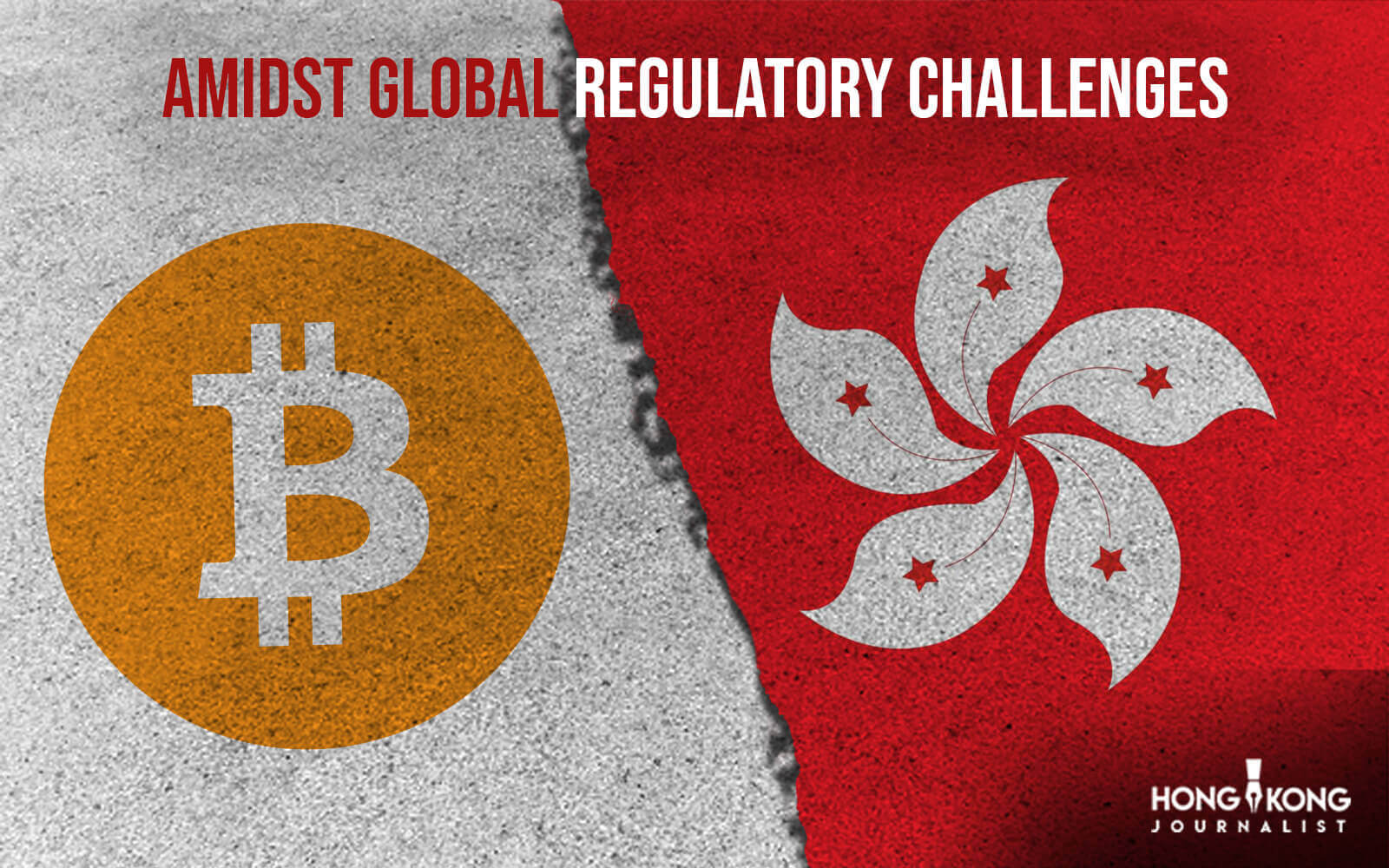
In recent years, the cryptocurrency market has had a difficult time, with prices fluctuating through boom and bust cycles and the industry being threatened by dramatic collapses as well as ambiguous legal frameworks.
Hong Kong, however, is embracing virtual assets despite the fact that these issues have prompted some jurisdictions to tighten regulations within the industry. The city is wagering that a new regulatory structure would help it avoid the problems observed in other cities.
Officials in Hong Kong have accepted that cryptocurrencies are here to stay and that the semi-autonomous Chinese territory needs to embrace the sector to maintain its reputation as a major international financial centre, which has been damaged by years of stringent COVID regulations and a broad campaign against dissent.
Authorities handed licences to two cryptocurrency exchanges earlier this month, allowing them to begin trading digital assets on a retail level.
After Hong Kong’s Securities and Futures Commission (SFC) launched applications for licensing mom-and-pop investment in June, HashKey Exchange and OSL were granted regulatory clearance.
“We are not aiming to be a crypto trading hub but we recognise crypto trading as an important part of the virtual asset ecosystem,” Julia Leung, SFC chief executive officer, said in a speech in June.
Leung highlighted the need to have a balanced regulatory system to foster confidence in the sector.
“Until now, many jurisdictions have adopted a light-touch approach to regulating crypto asset service providers,” she said, adding that “the ‘crypto winter’ has strengthened the resolve of global financial regulators.”
In the market, the new regulations for cryptocurrency retail trading have received overall positive reviews.
“Hong Kong has taken a proactive approach towards managing the risks associated with digital assets,” Dave Chapman, co-founder of OSL, which has offices in Hong Kong and Singapore, told Al Jazeera.
The new regulatory framework for the SFC, according to Chapman, “reflects a thorough understanding of the sector, ensuring both a healthy market environment and robust protection for investors.”
The introduction of new rules coincides with mainland China’s continued prohibition of cryptocurrencies, raising the question of why Beijing permits Hong Kong to embrace virtual assets while the Communist Party in power is strengthening its grip on the territory.
‘One country, two systems’
The “one country, two systems” agreement, which is supposed to guarantee the city’s autonomy and freedoms until at least 2047, Neil Tan, the chairman of the FinTech Association of Hong Kong, said the move underscores the city’s freedom to establish its own policies and regulations in the financial arena.
Hong Kong’s emergence as a centre for virtual assets and Web3, an anticipated online ecosystem based on a decentralised blockchain, provides Beijing with opportunities, “exposure and oversight over the cryptocurrency industry,” Tan, who also is a managing partner at Tsunami Advisors, told Al Jazeera.
Tan said “this will allow China the ability to influence the industry in an indirect way” and “help Hong Kong maintain its standing as an international financial centre”.
“It’s another asset class to attract foreign direct investment and also another means to promote the internationalization of the renminbi,” he said.
Tan cautioned, however, that “these are purely speculative reasons and the actual motivations may be influenced by a combination of economic, social, political and strategic factors”.
The Hong Kong developments come amid turmoil roiling the cryptocurrency sector globally, including the failure of FTX and Three Arrows Capital last year.
Regulatory bodies in the United States, including the Securities and Exchange Commission (SEC), which has upscaled the regulations within the industry, have filed cases against Binance and Coinbase in the meantime.
The CEO and creator of the technology investment firm, Social Capital, Chamath Palihapitiya, said on a podcast in April that “crypto is dead in America,” pointing out that Gary Gensler, the head of the SEC, had previously attributed the US banking crisis to the rise of digital currencies.
In Washington, DC, however, it now seems that regulatory clarity is beginning to emerge.
A US congressional committee passed legislation creating a regulatory framework for digital assets in the latter part of July. A rise in cryptocurrency prices has been sparked by that action and by a recent favourable US court decision for the cryptocurrency startup Ripple.
For instance, Bitcoin has increased by more than 50% since the start of the year.
According to some experts, the cryptocurrency surge has already peaked and Hong Kong is only catching up to other countries.
“I think Hong Kong’s attitude toward cryptocurrency is correct but late, which is that the trend of cryptocurrency has already passed,” Lu Fangzhou, an assistant professor of finance at the University of Hong Kong, told Al Jazeera.
Chapman of OSL expressed a more upbeat view.
“The potential of blockchain technology is transformative and we’re still in the early stages of realizing its full impact,” he said, adding that Hong Kong’s “full-scale regulation and integration of this market into its financial system underscores its adaptability and forward-thinking approach, reinforcing its position as a global financial hub”.
“Hong Kong can lead the way in ensuring good practices in the digital asset industry,” Chapman said, so long as the territory combines strong regulation with investor education and continuous governance review.
Indeed, Hong Kong is a familiar newcomer to cryptocurrencies.
The SFC issued the city’s first licence to a virtual asset trading platform for institutional investors in December 2020. And before that, cryptocurrency businesses had hubs in both Hong Kong and mainland China.
“A significant number of the people, projects and platforms came from here,” said Tan of the FinTech Association of Hong Kong.
“This allowed Hong Kong to continue attracting crypto firms through the migration offshore and becoming a centre for cryptocurrency activities in the region,” Tan said. He added that while Beijing is negative towards digital currencies, it understands the importance of blockchain technology.
“The favourable regulatory landscape and the unique advantages of Hong Kong have now made it seem like a kind of homecoming for many of these firms now,” he said.
- Published By Team Hongkong Journalist



